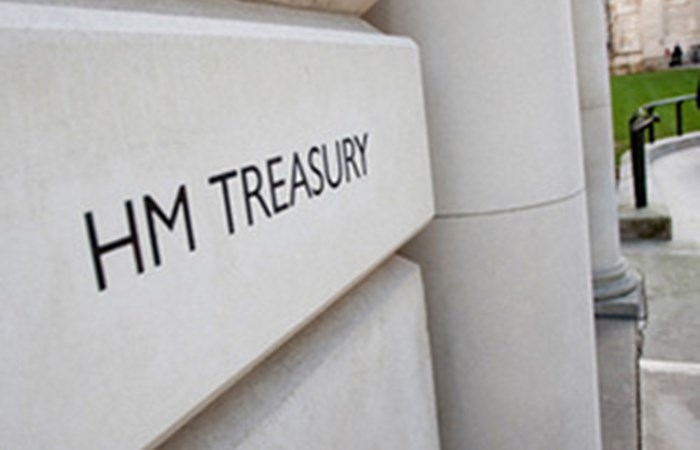HM Treasury

Online retailers selling goods in Britain have rushed to register for UK VAT, following the introduction of new powers which hold online marketplaces liable for unpaid VAT by overseas retailers.
The new powers were announced in March 2016 and this year HMRC has seen 7,185 internet retailers come forward to register for VAT a more than ten-fold increase on 2015 when just 695 registered.
Overseas sellers used to gain an unfair advantage on UK based retailers by not charging VAT on goods sold through online marketplaces.
HMRC has seen a big rise in this activity, which currently costs the Exchequer around 1 billion each year. With a growing number of overseas sellers dominating sales of popular gifts on online marketplaces, last Christmas alone it was estimated the Exchequer lost tens of millions of pounds to VAT evasion.
Under the rules which came into force in September, HMRC can now force overseas retailers to appoint a UK-based VAT representative or provide a financial guarantee. If the overseas retailer fails to comply with HMRCs directions, then the online marketplace they use to sell their goods could be held liable.
On top of this, as these goods are often stored in UK warehouses for distributions to UK customers, warehouses will have to join a due diligence scheme by 2018 or face penalties.
Financial Secretary to the Treasury, Jane Ellison said:
Having worked in the retail sector, I know what an important time of year this is for retailers and the millions of workers across the country who work in the sector. These new powers will mean that everyone has to play by the same rules and pay the right tax.
The new powers allow HMRC to tackle overseas traders that are not complying and take the most appropriate action including:
- making them register for VAT in the UK
- directing them to appoint a UK-established VAT representative
- requiring them to provide a financial guarantee to HMRC
Where the overseas trader does not comply with HMRCs directions HMRC will put the online marketplace on notice. It may be held liable for the VAT in respect of the overseas traders future sales through its marketplace.The notice will also set out a period of time (normally 30 days) during which the online marketplace can take steps so it does not become liable, either by securing the VAT from the overseas business or by removing it from its marketplace. After this period of time, the online marketplace will be held liable if no such action has been taken.
The new powers along with the fulfilment house due diligence scheme in 2018 will raise 875 million in total for the Exchequer by 2021.
Even before the new powers came into force, HMRC was taking action to tackle this evasion, including, in one case, seizing goods worth more than 500,000 from a warehouse storing goods for overseas traders who had not paid their VAT.
